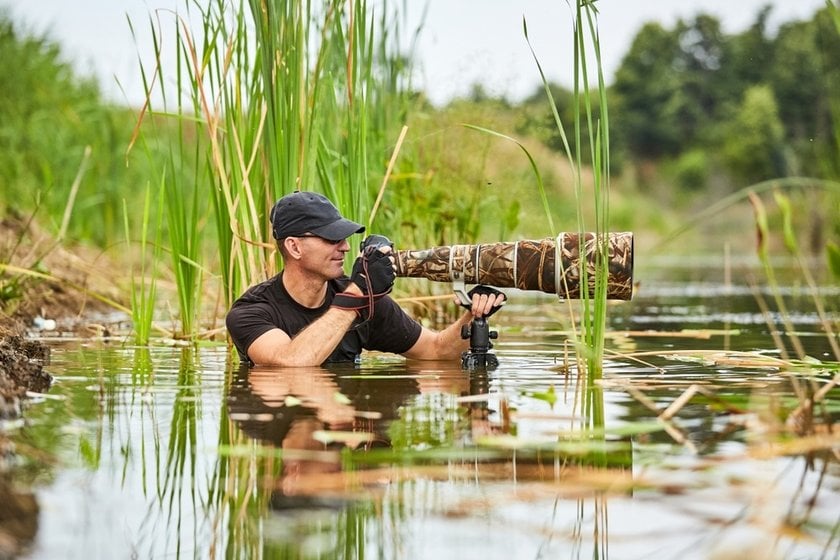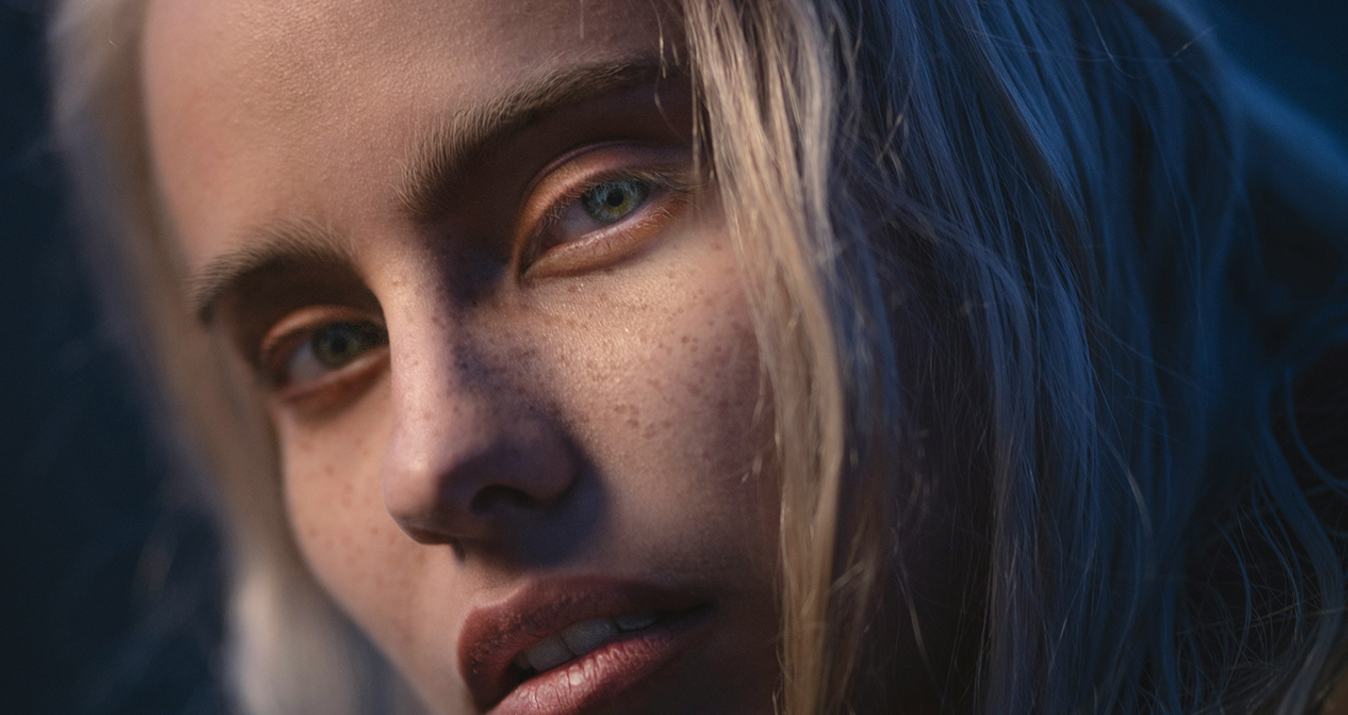How Much Do Wildlife Photographers Make?
February 02, 2024
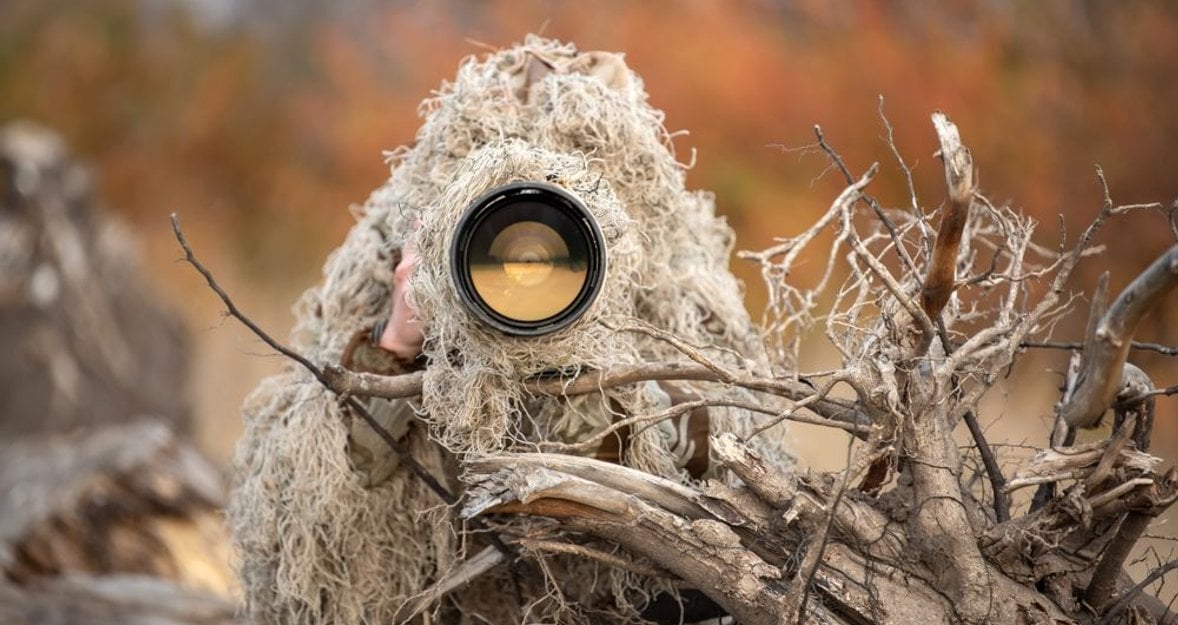
Have you ever seen an amazing animal or natural image and thought, “How much does a wildlife photographer make?” It is an interesting question, right? Wildlife photography isn’t only about taking great pictures of animals but also about making enough money to survive!
In this blog post, we’ll discuss the income of different wildlife photographers. Because some of them are employed by companies, some work for themselves, while others do both. You will find out about different methods they use in their work to earn a living such as being paid for photos, shooting special assignments as well as partnering with companies selling camera stuff or outdoor gear!
If you are someone who enjoys taking pictures of nature and you’d like to know more about this job, or you are just curious about how these photographers get by day-to-day, then keep reading – we will tell you everything!
Salaries and Income Sources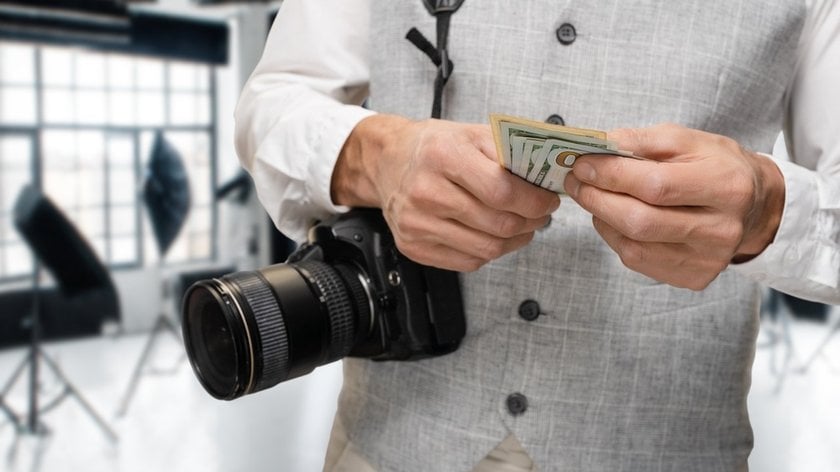
So, now the big question is, "How much do nature photographers make?" Well, the answer isn't simple. The photographers’ income depends on many things, for example, where they work, how they work, and how much experience they have. Let’s look at that in detail.
1. Regular Salaries
Some wildlife photographers work for companies or organizations. These photographers might work for magazines, wildlife conservation groups, or even TV channels that show nature programs. They usually get a regular salary, but the amount of money can vary greatly. In the United States, for example, a full-time corporate wildlife photographer can earn between $30,000 and $80,000 a year. However, this can change depending on the company, the experience of the photographer, and where they live.
2. Freelance Income
A significant number of wildlife photographers carve their own path as freelancers. Unlike a traditional 9-to-5 job, freelancers don't enjoy the stability of a steady salary. Their income is project-based – every sold photograph or completed assignment adds to their earnings. It's an adventurous way to live, but it also means their financial intake can fluctuate dramatically.
One popular avenue for freelance income is through commissions and assignments. Magazines, non-profits, or other entities might hire a photographer for specific projects. Before embarking on these ventures, the photographer agrees to a fee, which can greatly vary. For high-profile projects or renowned photographers, the compensation can be quite substantial.
Advanced yet easy-to-use photo editor
Get Luminar Neo Now3. Photo Sales
"Exactly how much do wildlife photos sell for?" you might wonder. The answer, again, varies. Photographers can market their work to stock photo websites, books, or magazines, earning royalties each time their work is used. A simple stock photo might bring in a modest sum, but a photograph featured in a major publication or a book could command thousands of dollars.
4. Other Sources
Wildlife photographers often explore diverse avenues to share their skills and passion. Hosting photography workshops or leading nature tours are popular methods. These are not only enriching and enjoyable experiences but also provide a viable income source. The earnings from these activities depend on the number of participants, the duration of the event, and sometimes even the fame of the photographer. It's an elegant fusion of education, experience sharing, and financial gain.
Collaboration and Brand Support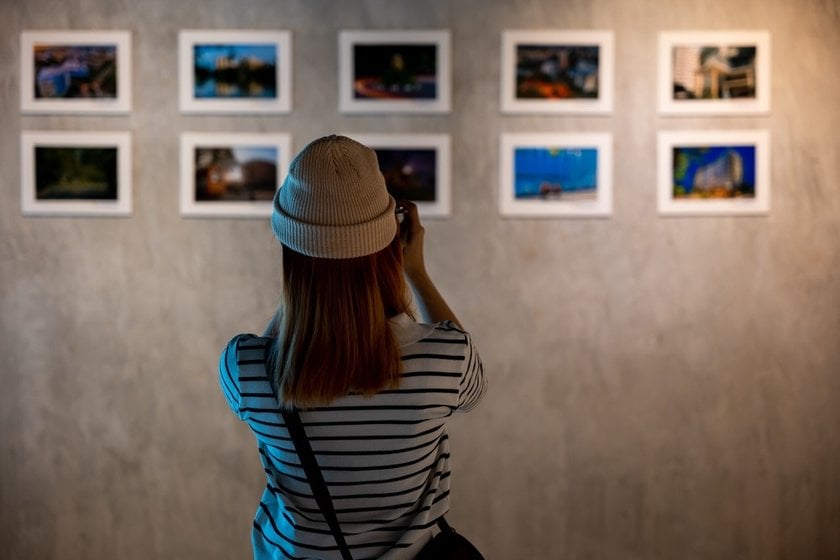
In the world of wildlife photography, teaming up with brands and agencies is a smart way to generate additional revenue. Here’s how photographers do it:
Brand Partnerships
Photographers often work with companies that make photography gear, travel agencies, and outdoor brands. These companies pay the photographers to use and talk about their products. Imagine a photographer saying, "I take all my pictures with this camera, and it's amazing!" Sometimes, these partnerships are just for one project, but they can also be long-term deals. The photographer might get paid with money, free gear, or both.
Social Media and Influencer Marketing
Lots of wildlife photographers are really popular on social media platforms like Instagram and Facebook. They become what's called influencers because so many people like their photos. Brands pay these photographers to show off their products in their posts. It's pretty neat – a photographer can earn money just by posting about the camera lens or tent they use in their adventures.
Exhibitions and Gallery Sales
Photographers also put their work in art galleries or exhibitions. When people visit these places, they can buy prints of beautiful wildlife photos. This is another way photographers make money. Sometimes, they sell a small photo for a little bit of money and other times; they might sell a big, framed print for a lot more.
Working with brands and selling their art in galleries are important ways wildlife photographers earn money. It's not only about capturing the beauty of nature but also about using their skills and popularity to support their career!
Part-Time vs Full-Time
Then, there is the difference between a part-time and a full-time photographer. Part-time photographers generally do not earn as much as full-time photographers because they do not work long hours. Maybe they have another job and do photography on the side. But full-time photographers spend all their time taking pictures. This means they often have more opportunities to sell their work and make money. But it also means having to pay for all of their living expenses with photography income, which can be a challenge.
Thus, the number of wildlife photographers earn depends on their mix of skills, level of professionalism, and sometimes a bit of luck.
Edit Your Wildlife Photos with Luminar Neo
When you photograph animals and nature, sometimes the picture is not what you want. This is where Luminar Neo can help. It’s a program that allows you to do image retouching. For example, if you don’t like something in a photo, you can remove it. Or, if the colors don’t look right, you can change them!
If you’ve photographed streets, trees, and mountains, Luminar Neo has the tools to create these cool effects with the landscape photo enhancer. You can make the sky more interesting or make the whole picture look like it was taken during a beautiful sunset. It’s fun because you can experiment with different things to see how you want your image to look.
Sometimes, your wildlife photos might appear grainy, particularly if taken in low-light conditions. Luminar Neo has a way to denoise image. Its feature works by smoothing out the grainy noise while preserving the important details and sharpness of the image. It's quite straightforward to use – you can adjust the intensity of the denoise effect and, with a simple click, Luminar Neo refines your photo, enhancing its clarity and making it more true to what you witnessed in nature.
A 7-day Free Trial of Luminar Neo with No Obligation
GET IT NOW!Bottom Line
Being a wildlife photographer isn't all about capturing majestic animals in the wild. It's also a lot about how they earn their keep. Some photographers have a regular income from companies, while others jump from one project to another as their own bosses. Plus, they don't just make money from their photos – teaching, selling their work, and teaming up with brands also add to their paycheck.
Thinking about stepping into this world? You should definitely read our other posts. If you're just starting, our post on getting into wildlife photography is perfect for you. And for those wondering about the right gear, our best camera for wildlife photography beginner post will point you in the right direction. These articles are great places to start your journey!
To sum it up, wildlife photography is an exciting mix of nature, camera skills, and a bit of business savvy. It's challenging, sure, but also potentially rewarding. Who knows, with some dedication and creativity, this could be your way to earn a living while doing something you love!




